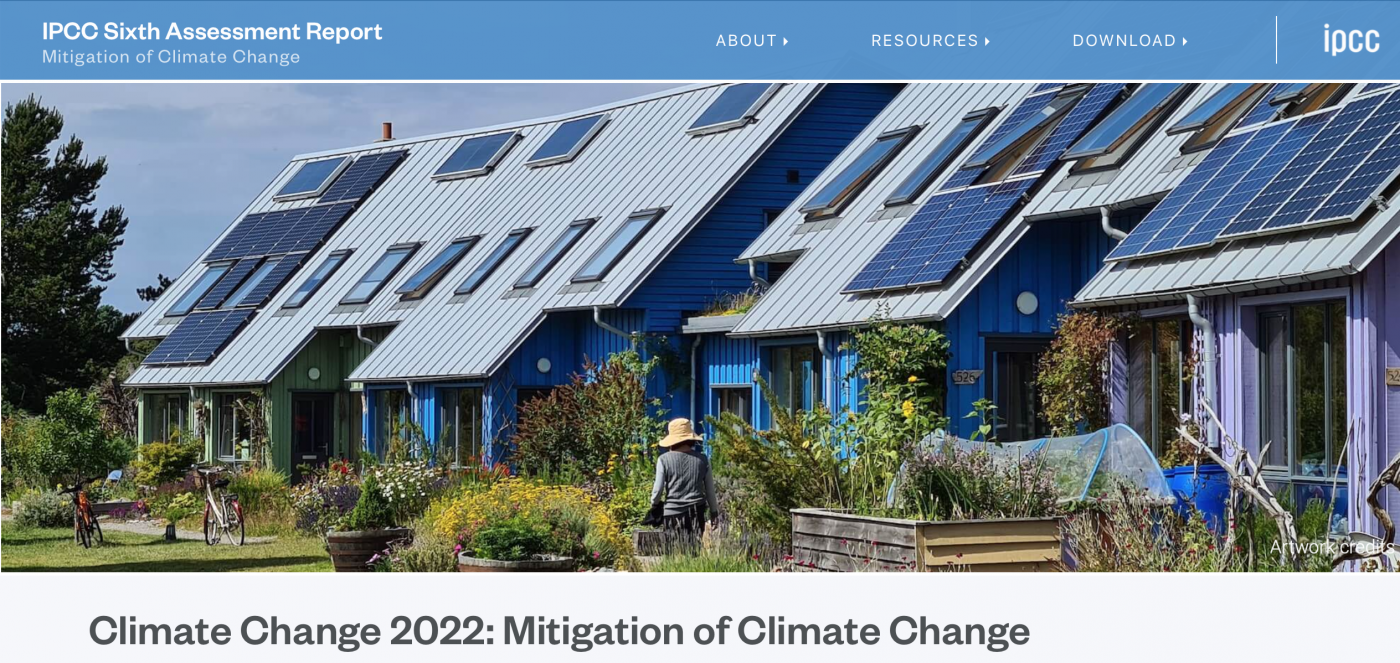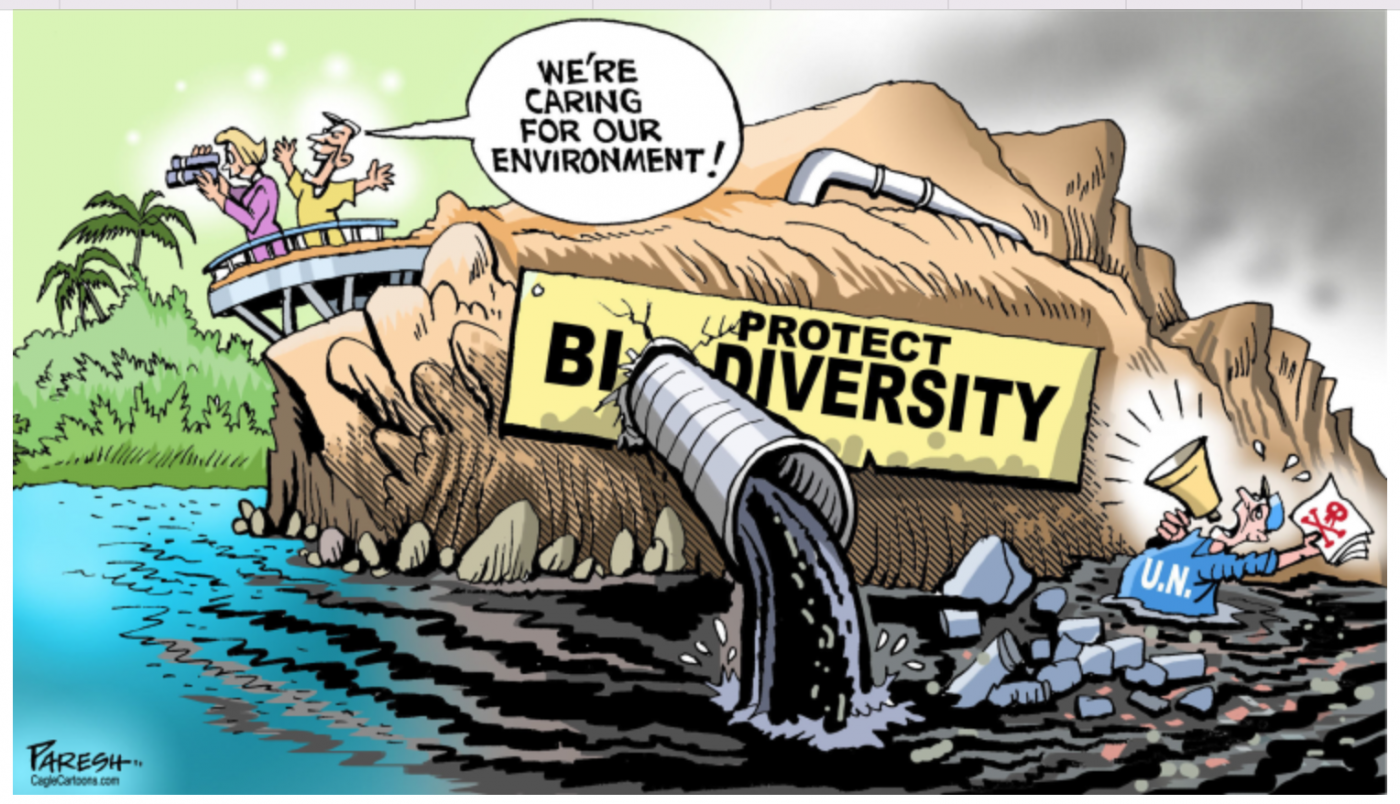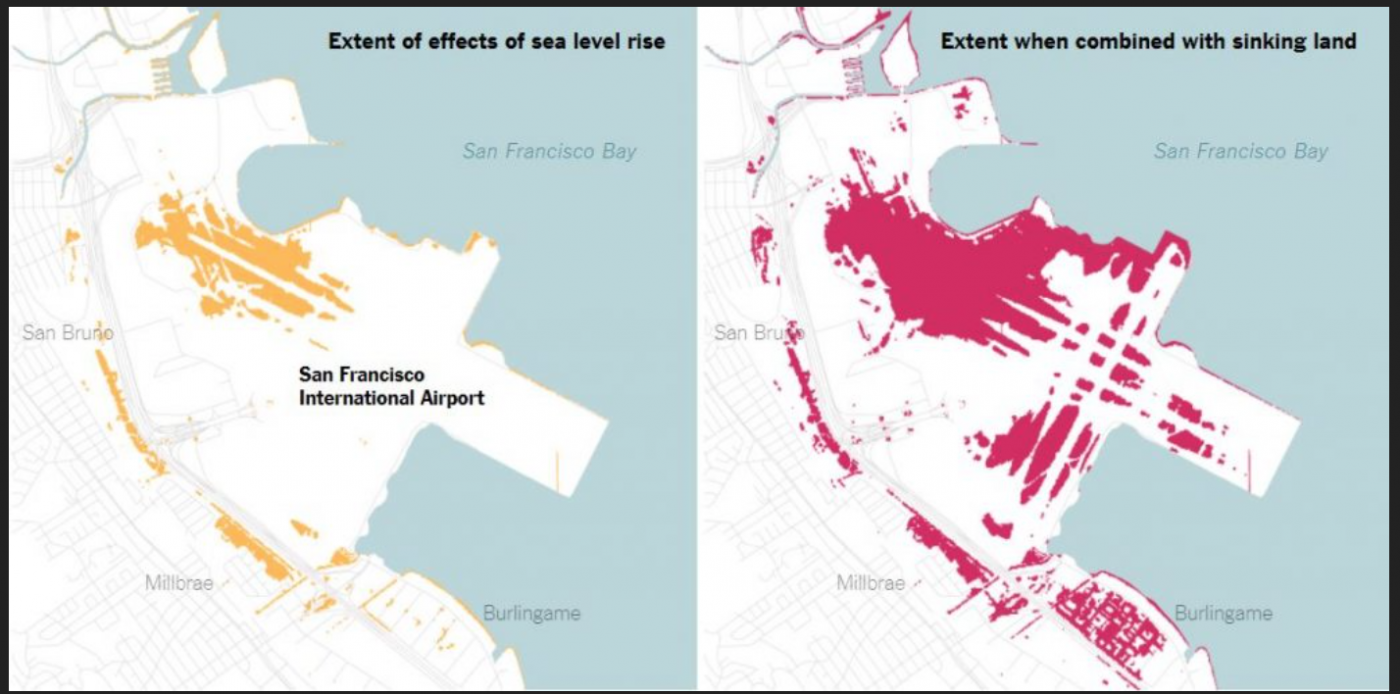How to build a better world
Author: Gladwyn d'Souza | Category: Environment | Date: 09-11-2020
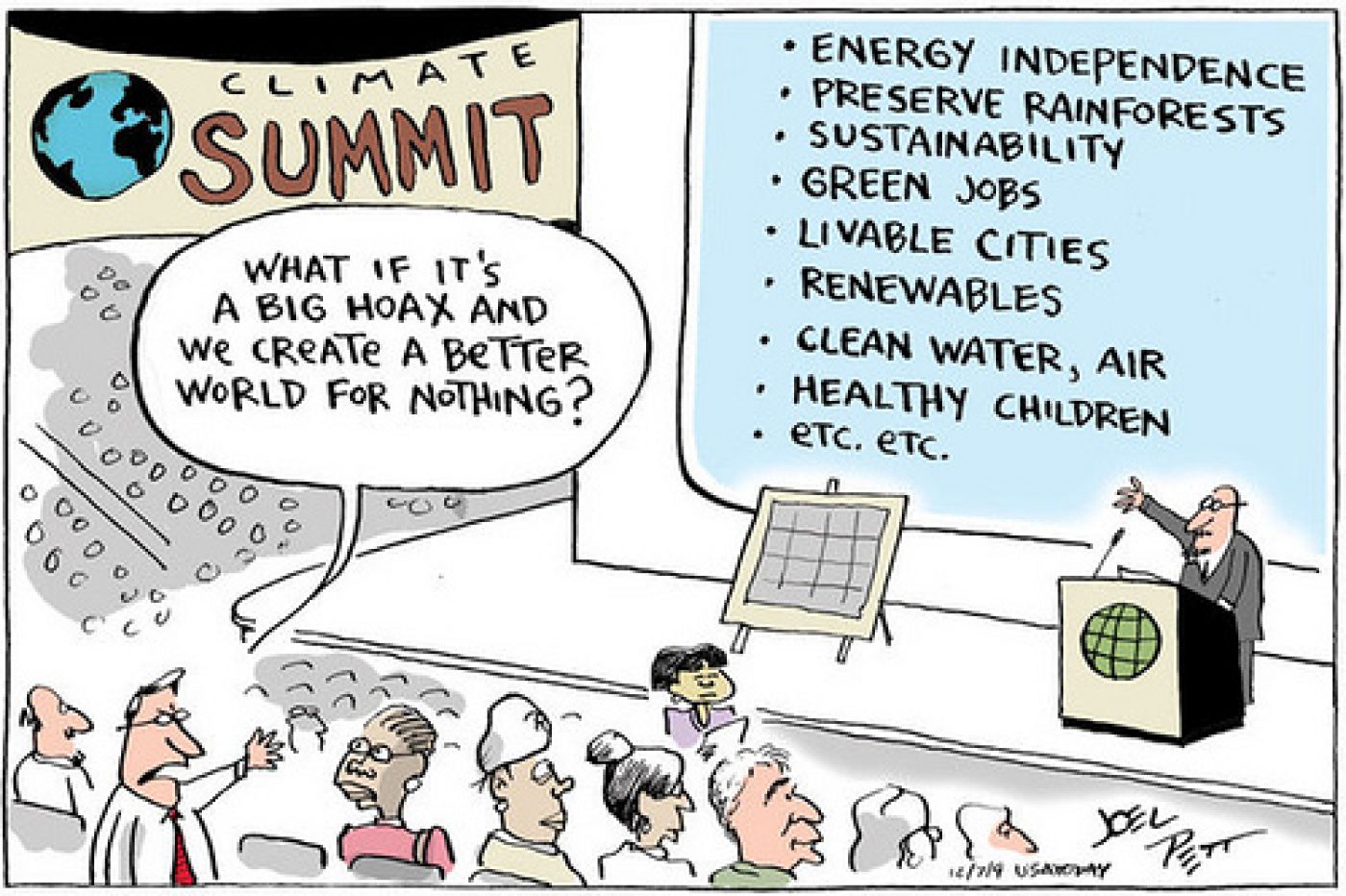
How do we build a better world? By being clear about our principles and developing a shared vision. Our problem today starts with an overpopulation of consumers who can afford to burn fossil fuels. That leads to climate change, acidifying oceans, and species extinctions. The Sierra Club recently published a policy update on climate change titled “Climate Resilience, Carbon Dioxide Removal, and Geoengineering Policy” dated Feb 2020. In it, the principles and strategies are laid out in sets of three.
The three foundational principles outlined are to Get off fossil fuels, Restore carbon in the atmosphere to 350 ppm of CO2, and To Do both changes Equitably. Getting off fossil fuels seems like a no brainer but it’s been a challenge all around. Only 90 companies are responsible for the majority of green house gas emissions. They are the richest corporations on earth responsible for both the degradation of landscapes and the philanthropy which tries to fix the problem without disturbing their revenue source. Environmental groups in turn have had a difficult time challenging their supremacy when they lead us into wars for fossil fuel or elect people like Reagen, Bush, or Trump. Yet getting off fossil fuels is as easy as returning to compact walkable cities that are solar, wind, and water powered surrounded by restored ecosystem services.
Carbon Dioxide Removal (CDR) involves getting us back to 350 PPM of CO2 which represents about 1 deg C of warming. 350 would take us off the path of destructive climate change and it’s feedback systems. Currently the IPCC shows us on a path to 8.5 deg of warming which signifies the end of human life on planet earth. The Paris Agreement tries to keep us below 2 deg C of warming. We are at 1.5 deg of warming and you can see the increasing problems that causes with droughts, fires, hurricanes that you don’t remember from your youth. Paris was a compromise with the fossil fuel companies and lacks the corresponding teeth or buy in at the Federal level. That leaves climate fixing up to us at the local level in Loma Prieta.
The Equity principle advocates for ensuring that no one gets left behind. Climate change is the consequent of centuries of policy with a genocidal indifference to native lands. Free land was then worked with free labor starting with slaves which transformed into indentured, Jim Crow, and now incarcerated labor. Inmates at Soledad Prison in Salinas for example produce blue jeans for Levis. Recently they’ve been converted to making masks. The California Prison Industry Authority manages over 100 manufacturing, service, and consumable industries within the 35 California Department of Corrections and Rehabilitation institutions. The deposable people left behind, polluted, and destroyed by fossil fuels are only possible with racism. We are complacent and comfortable consumers and environmentalists killing over 1M Iraqis to make the world safe for fossil fuels. Today native peoples in the Dakota and Nebraska have to deal with the threat to their water by the Keystone XL company backed by the full force of police and army. Equity involves teaming up with every one impacted by climate change to stop the degradation of ecosystem services everywhere and help get us back to 350 ppm of CO2. Air quality and water and two restorations that have priority in law and society.
Along with the three foundational principles the new policy advocates for a number of largely land use strategies to get us there but I will focus on the three of consequence to our, local, chapter. The three strategies are green infrastructure like natural shorelines, managed retreat, and adaptation. Green infrastructure is a key component of IPCC. It involves not losing more carbon or ecosystem services and restoring carbon as much as needed to get us to 350. In the chapter we must not encroach anymore on the Wildlands Urban Interface or on the Bay. Available carbon sources and their services need to be nurtured. That means we need to preserve existing woodlands grasslands and wetlands. The long term the club feels this is the cheapest option. Climate change as we are seeing with the fire and hurricanes etc is astronomically more expensive in bankrupt climate refugees, insurance and banks,
Managed retreat involves removing people and their infrastructure from areas threatened by wildfires like the Very High Fire Hazard Safety Zones defined by CalFire and coastlines threatened by sea level rise. The policy explicitly states that remaining in the threatened zones involves posting financial liability bonds for loss of structure and habitat and future retreat when necessary. Managed retreat is considered contentious because the communities involved may not want to engage the program if they haven’t been affected. Some people returned to Paradise after the massive Camp Fire in 2018. Today literally they are threatened by the Bear Fire. People are likely to buy into managed retreat after the second disaster but that results in a loss of opportunity to sequester carbon and to restore ecosystem services like the hydrologic cycle.
Adaptation is the last strategy that the club is hesitant to propose because it creates the moral hazard that we can adapt and ignore stopping and fixing climate change. There is a real danger that pathways related to 1.5 and 2.0 can be thrown out the window as we adapt all the way to 8.5 and extinction. Adaptation is incredibly expensive and in a world where fossil fuel companies mine the wealth leaves many without options. Poor communities will be in conflict with rich communities, for example East Palo Alto versus Palo Alto. Thus this strategy for an equitable solution with mitigation.
How do we build a better world? By being clear about our principles and developing a shared vision. We need to push for getting off fossil fuels, restoring carbon in the atmosphere to 350 ppm of CO2, and doing both changes equitably. We need to take a shared vision of a better world to advocates, green partner groups, and communities impacted into to build a better world.
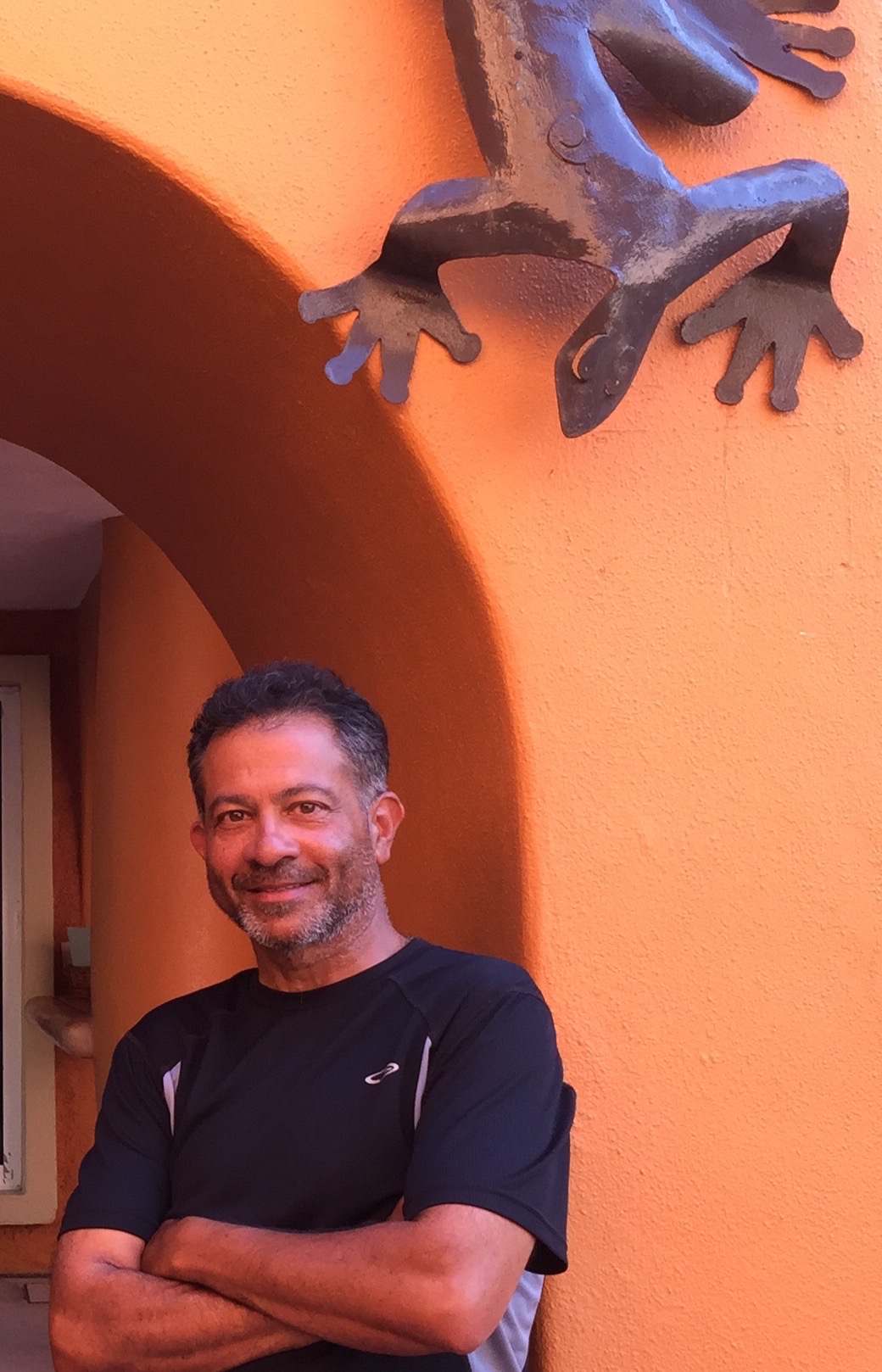
About: Gladwyn d'Souza
SHARE THIS BLOG
Comment:
Find Us
Blog Categories
New Blogs
Thank god for the United Nations
Category: Environment
How would you like to live next to a Wuhan lab.
Category: Environment
How to do nothing for millions of dollars
Category: Environment



